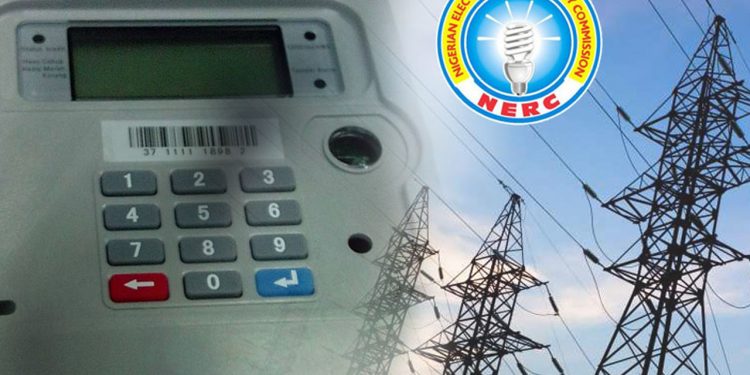As debates continue over the proposed electricity tariff hike by the Federal Government, the Nigerian Electricity Regulatory Commission (NERC) has moved to clarify the procedures for tariff reviews. NERC’s latest directive, signed by Chairman Sanusi Garba, outlines the commission’s obligations under the Electricity Act 2023. The Act mandates that NERC review and approve a fair tariff to allow electricity service providers to recover reasonable costs and earn a return on capital invested in their operations.
According to Section 116(1) of the Act, activities in generation, transmission, distribution, trading, supply, system operation, and electricity distribution franchising must adhere to tariff regulations. Section 116(2) further obligates NERC to develop a tariff methodology that enables efficient operators to recover their full, efficient costs and earn a reasonable return on investment. This is crucial for the long-term sustainability and effectiveness of Nigeria’s electricity supply industry.
NERC’s approach, as outlined in the new regulations, is to adopt the Multi-Year Tariff Order (MYTO) methodology, which serves as an incentive-based price regulation framework for determining and projecting tariffs in the sector. Under the MYTO framework, a major review of electricity tariffs will occur every five years. This review ensures that all tariff assumptions are evaluated and adjusted as needed to maintain the industry’s financial viability and efficiency.
In preparation for a major tariff hike, NERC stipulates that it will issue a notice to all licensees one year prior to the hike, requesting submissions for tariff reviews supported by comprehensive documentation, such as audited financial statements, investment plans, and proof of customer consultations. The notice will be published in three national newspapers and on the NERC website.
Following the submission of tariff review applications, NERC will conduct an initial review within 90 days and then issue a consultation paper. This paper will outline the basis for the tariff review, including proposals on capital investments, service improvements, and the potential impact on customer rates. A 21-day public comment period will follow the publication of the consultation paper, allowing stakeholders to provide feedback. NERC will then schedule a Rate Case Hearing, which will conclude within 90 days of the consultation paper’s publication. The commission will carefully consider the public comments and responses before drafting and approving a final Major Tariff Review Order.
For monthly or minor tariff adjustments, NERC will monitor changes in generation fuel costs, inflation rates, exchange rates, and generation availability. It may also conduct minor reviews of tariffs at shorter intervals, but no more frequently than every six months.
In addition to the procedural updates, the Special Adviser to President Bola Tinubu on Energy, Olu Verheijen, has confirmed that a tariff review is imminent. Verheijen revealed that the government is spending over N200 billion monthly on electricity subsidies, much of which benefits the wealthiest 25% of the population. To address this disparity, the government plans to introduce a more targeted subsidy system, ensuring that low-income households receive the most support. This targeted approach aims to make electricity more affordable and accessible for millions of Nigerians, particularly those in disadvantaged communities.
The government’s ongoing efforts to restructure the electricity subsidy system are part of a broader plan to improve the efficiency and sustainability of the energy sector while ensuring that the most vulnerable Nigerians are adequately supported. The proposed changes to the tariff review process and subsidy system reflect the government’s commitment to balancing the needs of the energy sector with the financial realities of consumers across the country.










